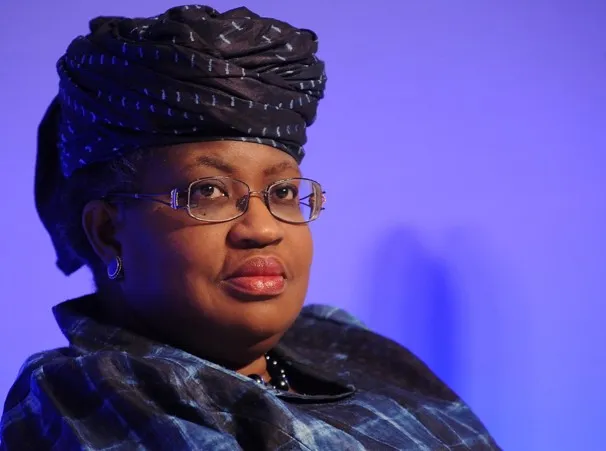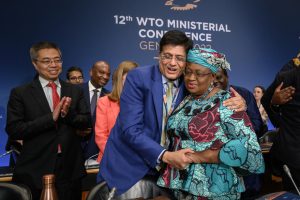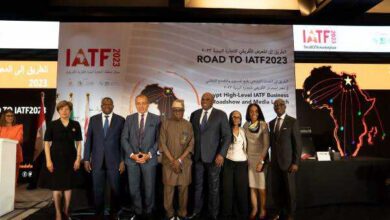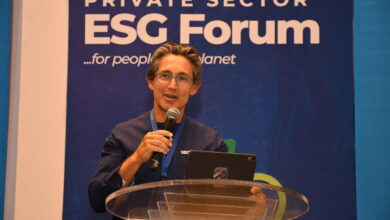
After an all-night talks, members of the World Trade Organisation (WTO) early Friday reached a string of deals and commitments aimed to limit over fishing, broaden production of COVID-19 vaccines in the developing countries, improve food security and reforming a 27 years-old trade body that has been back on its heels in recent years.
Director-General of the WTO, Dr. Ngozi Okonjo-Iweala, after some negotiations concluded the WTO’s first ministerial conference in four and half years by canvassing a new sense of cooperation at a time when the world faces crisis like the Russia and Ukraine war and the COVID-19 pandemic that has claimed millions of lives.
“The package agreements will make a difference to the lives of people around the world,” Okonjo-Iweala said.
She commended what she described as “an unprecedented package of deliverables after 15 months on the job,” adding: “The outcomes demonstrate that the WTO, is in fact, capable of responding to the emergencies of the times.
“The agreement could breathe new life into the trade body that faced repeated criticism during the administration of immediate past President of the United States of America (USA), Donald Trump, which accused the WTO of lack of fairness to the United States in rising economic and political rivalry between the United States and China.
“In recent years, Washington has incapacitated the WTO’s version of an appeal court that rules on international trade disputes.
Read Also: Equity market capitalisation falls below N28tr, naira depreciates to N421.3 per dollar
“The WTO operates through consensus, meaning that all its 164 members must agree on its deals or at least not get in the way. The talks at times took place in backrooms or side chats because some delegates didn’t want to be in the same space as their counterparts from Russia, as a way to protest President Vladimir Putin’s invasion of Ukraine, which has had fallout far beyond the battlefield, such as on food and fuel prices,” she said.

She revealed that among the main achievements of the meeting was an accord, which fell short of early ambitions to prohibit support for illegal, unreported and unregulated fishing and fishing in overtaxed stocks in oceans globally.
“This marked the WTO’s first significant deals since the one of 2013 that cut red tape on treatment of goods crossing borders and arguably one of its most impactful. Members of WTO have for the first time concluded agreement with environmental sustainability as major priority.
“This is also about the livelihood of the 260 million people who depend directly or indirectly on marine fisheries. This deal takes a step to curb government subsidies and overcapacity in the fishing industry,” Okonjo-Iweala stated.
Click on The Trumpet and follow us on our Twitter page for more:




